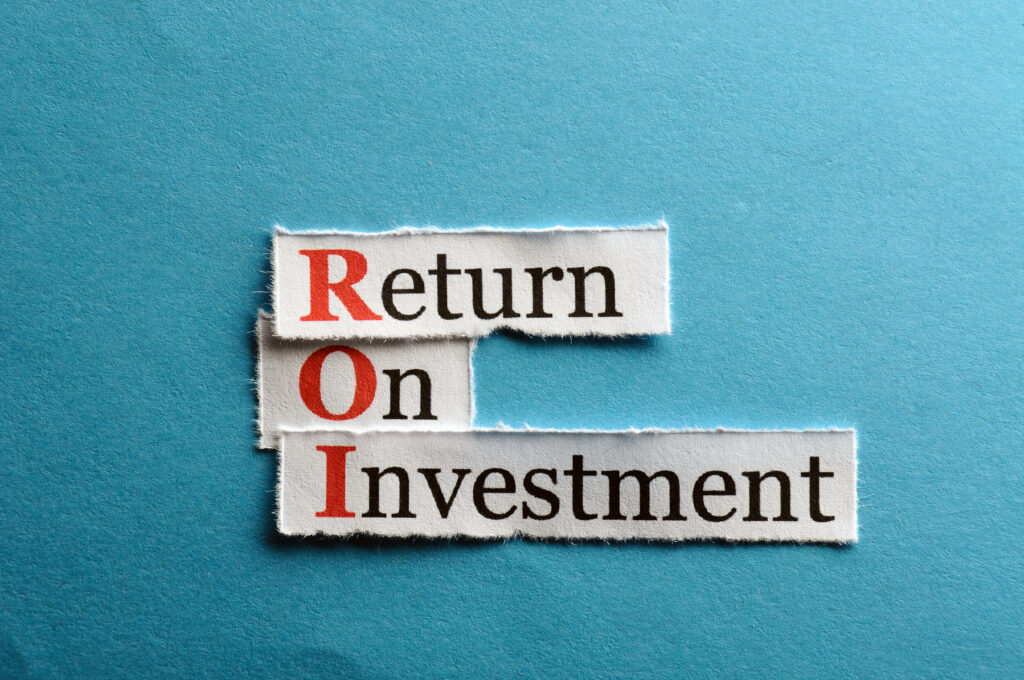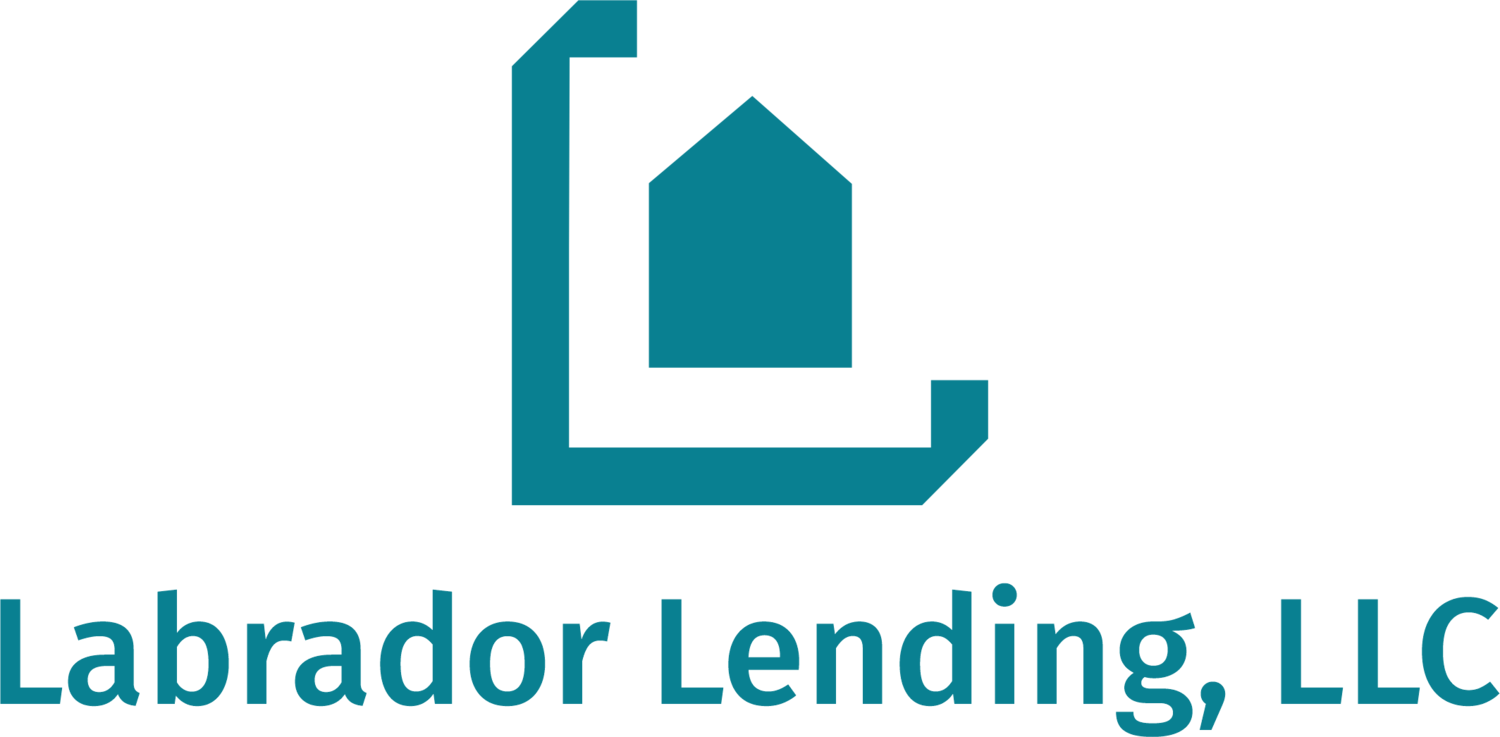Would you cash out with a 200% annualized ROI? Or would you decide to beat the elusive 2% rule? Find out what we chose below.

TIMELINE
April 2019
- We purchased a non-performing note in Jacksonville, FL in late April, 2019 via Paperstac.com
- The purchase price for the note was $46,500.
- The unpaid principal balance was $93,675, total payoff was approximately $132k.
- The property value was estimated to be $125k at the time.
- Trial payment plan, forbearance agreement: the previous note holder and the borrowers had negotiated a reduced mortgage payment of $400 for 3 years (down from over $1100 per month). This trial payment plan went into effect in April 2017 and was scheduled to end in April 2020. This was a significant reduction to the original monthly payment.
- The last payment made was in February 2019 (with only one payment made in over 2 years), but last contact with borrower was in October 2018.
July
- The borrower (homeowner) claimed they and others were planning to refinance the loan. This would be ideal for all parties involved.
August
- Apparently the refinance did not materialize and the borrower went dark. There was no longer communication.
- After attempting to work with the borrower for several months, we hired a Florida-based law firm, Bowen Quinn, P.A., to prepare for foreclosure.
- Foreclosure in Florida can be expensive and time-consuming for the lender.
- Out of the blue, the borrower’s relative contacted our 3rd party note servicer indicating that he had been paying rent to the borrower and was unaware that the mortgage payments were not being made.
September
- Through our law firm, we formally communicated to the borrower our intent to foreclose.
- The borrower contacted our law firm indicating she was willing to deed the property over to Labrador Lending, LLC. We would now own the house and not the mortgage.
- In this scenario, the borrower would avoid a foreclosure, which can be detrimental to one’s credit history, and would be forgiven over $20k in debt ($132k owed minus potential sale proceeds of $110k).
- We avoided a lengthy and expensive foreclosure process.
October
- The borrower signed deed in lieu of foreclosure. The property now belonged to our company.
- As part of deed-in-lieu agreement, we allowed 2 months (October and November) for the occupant to relocate. We were also given access to the property so that we could conduct inspections.
- We ordered an interior property inspection and were pleased with the condition of the house.
- We explored our options, including selling the property or renting it out.
- After doing some research about the Jacksonville rental market and underlying economic data, we felt it best not to sell the home; instead, we would rent it out.
- We also researched property managers and settled on a professional firm with a strong track record.
November
- The occupant originally indicated he would not leave unless we evicted him. However, after looking further into his options, he stated he would be purchasing a home of his own by the end of the year.
- Rather than evict the occupant during the holiday season, we decided to allow him free lodging for this transition period.
December
- As of mid-December 2019, we were all in for approximately $49,625, including all costs for the note and legal fees.
- The property value was estimated to be $135k at this point.
- If we had sold the property in early December, factoring in closing costs and a conservative sales price, we would have profited $60k on a $50k investment in under 8 months. In other words, this would have been $110k returned to us on a $50k investment, in less than 8 months.
- Annualized, this ROI would have been over 200%.
- Instead, we plan to rent the home for approximately $1100 per month, beating the elusive 2% rule for rental properties. This even factors in $5k for any requisite repairs to the house.

THREE TAKEAWAYS
- Although these returns are not typical, investing in non-performing notes can be highly profitable.
- Note investing can be win-win-win. The borrower avoided foreclosure and was forgiven a significant amount of debt. The occupant was provided 3 months of free lodging in order to transition to his own home where he can begin to build equity himself. And a resident of Jacksonville will be provided affordable housing with quality property management and landlords. Oh, and we will profit significantly, likely for many years to come.
- Note investing provides the investor options. There are often several independent exit strategies, something that is not always true with other investment niches.

To see how this project turned out, read Part 2 here.





